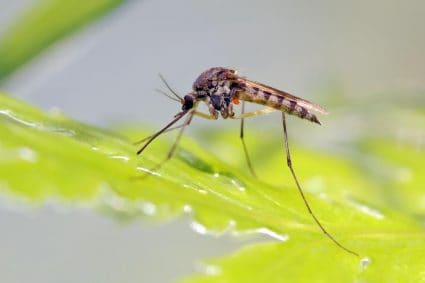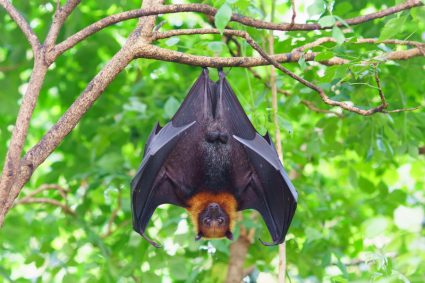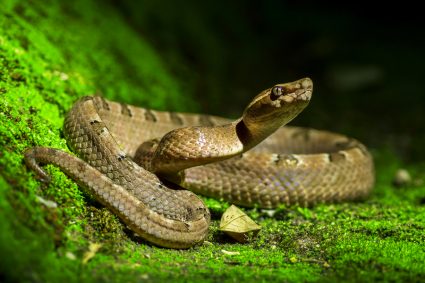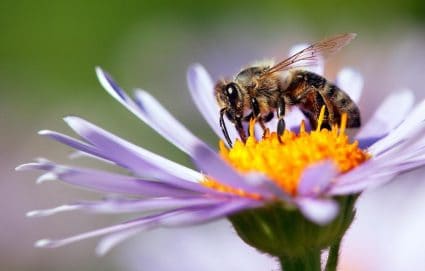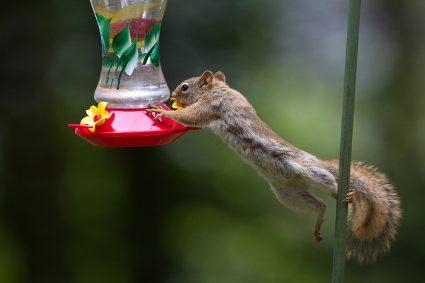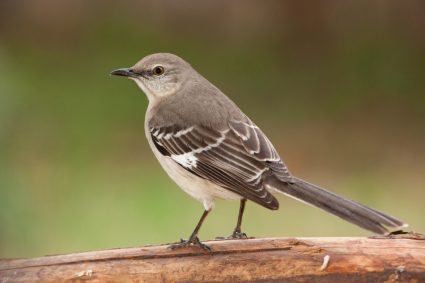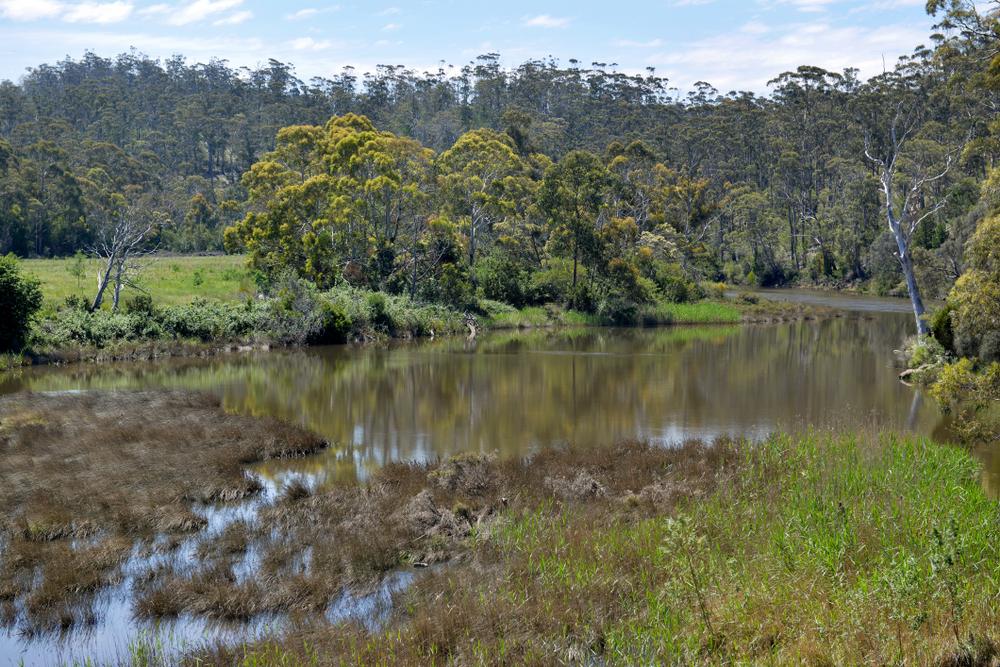
Skunks are a common sight in many North American backyards. Known for their distinctive black and white fur and their pungent defensive spray, these small mammals are often regarded as pests. But have you ever wondered what skunks eat in your yard? Understanding their diet can help you manage their presence and prevent potential damage to your garden or lawn.
Skunks, being omnivorous creatures, eat a variety of foods in your yard. Their diet mainly includes insects and small animals like grasshoppers, bees, beetles, mice, and rats. They also consume fruits, nuts, and vegetables such as chokeberries, wild grapes, walnuts, and garden veggies. During food scarcity, they may resort to scavenging through garbage cans and compost piles.
Skunks: The Omnivorous Foragers
Skunks are omnivorous creatures, meaning they eat both plants and animals. They are opportunistic feeders, consuming a variety of foods depending on what’s available in each season. Here’s a closer look at their common food sources:
Insects and Small Animals
Skunks have a strong preference for protein-rich foods. They feed on insects such as grasshoppers, bees, beetles, and their larvae, as well as crickets and grubs. They also eat small mammals like mice, rats, and rabbits, and even ground-nesting birds and their eggs. Additionally, skunks are known to consume reptiles and amphibians, like frogs, when available.
Fruits, Nuts, and Vegetables
Skunks also enjoy a variety of fruits, including chokeberries, elderberries, wild grapes, cranberries, and fallen fruits such as cherries and grapes. They consume nuts like walnuts, pecans, and hickory nuts, as well as seeds like sunflower seeds and birdseed. Vegetables found in gardens, like broccoli, bell peppers, spinach, and kale, can also form part of their diet.
Scavengers in Action
When food is scarce, particularly in the fall and winter, skunks may turn to scavenging. They rummage through garbage cans and compost piles, looking for food scraps. They may also steal pet food left outside.
Role in the Ecosystem
While they can be a nuisance, skunks play an important role in the ecosystem. By feeding on insects and small mammals, they help control pest populations in your yard. However, their foraging habits can cause damage to lawns and gardens, and their presence can be unwelcome due to their notorious defensive spray.
How to Deter Skunks
Understanding what attracts skunks to your yard can help you take measures to deter them. Here are some strategies:
- Secure your garbage: Use garbage cans with tight-fitting lids to prevent skunks from scavenging.
- Remove potential food sources: Pick up fallen fruits and nuts, clean up birdseed, and avoid leaving pet food outside.
- Protect your garden: Install fencing around your garden to protect your vegetables. You can also use repellents or a motion-activated sprinkler to deter skunks.
In conclusion, skunks eat a variety of foods in your yard, from insects and small mammals to fruits, nuts, and vegetables. While they can be a nuisance, remember that they are also part of the ecosystem and play a role in controlling pests. By understanding their diet and habits, you can take steps to live harmoniously with these small creatures.
Frequently Asked Questions
What time of day are skunks most active?
Skunks are primarily nocturnal, meaning they are most active during the night. However, they can sometimes be seen foraging at dawn or dusk.
Can skunks climb fences?
Yes, skunks are capable of climbing fences, especially those made of wood. However, they are not as adept climbers as some other animals, so a well-constructed fence can still be a good deterrent.
How long do skunks live?
In the wild, skunks typically live for about 2-3 years. In captivity, they can live up to 10 years.
Do skunks hibernate during winter?
Skunks do not hibernate, but they do become less active in the winter. They often stay inside their dens during the coldest months, venturing out only when necessary.
What should I do if a skunk sprays me or my pet?
Skunk spray can be neutralized with a mixture of 1 quart of 3% hydrogen peroxide, 1/4 cup of baking soda, and 1 teaspoon of liquid soap. This mixture can be used to wash the affected area, but avoid getting it in eyes or mouth. It’s also a good idea to contact a professional for advice if you or your pet is sprayed.


